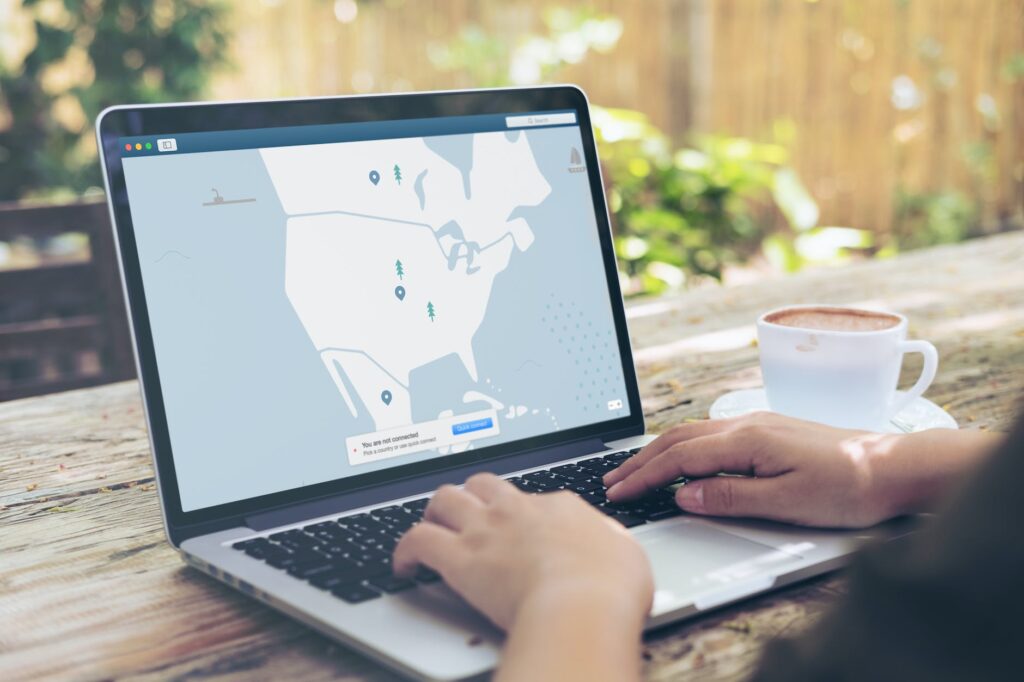Understanding VPNs: What You Need to Know
Virtual Private Networks (VPNs) have become essential in our increasingly digital world. From ensuring online privacy to bypassing geo-restrictions, VPNs offer a plethora of benefits for users around the globe. However, with the plethora of options available, choosing the right VPN can seem daunting. This guide will help you navigate the process of selecting the VPN that best suits your needs.
Why You Need a VPN
VPNs serve multiple purposes, making them indispensable for various users. Here are some key reasons why you might consider using a VPN:
- Privacy and Anonymity: VPNs encrypt your data, making it difficult for hackers and snoopers to access your personal information.
- Access Restricted Content: Bypass geo-restrictions and access content that may not be available in your region, such as streaming services and websites.
- Secure Public Wi-Fi: Protect your data from prying eyes when using unsecured public Wi-Fi networks, which are common spots for cyberattacks.
- Data Throttling: Avoid ISP throttling by masking your online activities, ensuring a consistent and fast internet speed.
Key Features to Consider When Choosing a VPN
Not all VPNs are created equal, and understanding the essential features will help you make an informed choice:
1. Security Protocols
Look for VPNs using robust encryption protocols such as OpenVPN, IKEv2/IPsec, or WireGuard. These ensure strong protection against potential threats.
2. No-Log Policy
A strict no-log policy means the VPN provider does not store any activity logs, enhancing your privacy by preventing data retention.
3. Server Locations
The availability of numerous server locations worldwide can improve your connection speed and give you access to more geo-restricted content.
4. Speed
A reliable VPN should offer fast and stable connection speeds to ensure smooth browsing and streaming experiences without lagging.
5. User-Friendly Interface
Choose a VPN that offers an intuitive and easy-to-navigate interface, making it accessible even for non-tech-savvy users.
Top VPN Choices in the Market
Based on the considerations above, here are some top VPN recommendations:
- ExpressVPN: Known for its reliable speed, vast server locations, and strong security features.
- NordVPN: Offers comprehensive security solutions and double data encryption for enhanced privacy.
- CyberGhost: Ideal for beginners with its user-friendly interface and dedicated streaming servers.
- Surfshark: Provides an excellent value with unlimited simultaneous connections and robust security protocols.
Conclusion
Choosing the right VPN comes down to understanding your specific needs—whether it’s enhanced security, privacy, or unrestricted access to global content. By considering the factors mentioned above, you can make a well-informed decision and enjoy all the benefits a quality VPN has to offer.
Frequently Asked Questions (FAQs)
What is a VPN, and how does it work?
A VPN, or Virtual Private Network, creates a secure connection over the internet between your device and a server controlled by the VPN provider. This connection encrypts your data, masking your IP address and keeping your online activities private.
Are free VPNs reliable?
While some free VPNs can provide basic security features, they often come with limitations such as bandwidth restrictions, fewer server locations, and potential privacy risks. Premium VPN services typically offer more reliable and comprehensive features.
Can using a VPN improve internet speed?
A VPN can help prevent ISP throttling, potentially improving your connection speed, but it’s not guaranteed. In some cases, using a VPN might result in slightly slower speeds due to added encryption layers.
Is it legal to use a VPN?
Using a VPN is legal in most countries. However, certain countries may have restrictions or regulations regarding VPN usage. It’s essential to be aware of the laws in your specific region.
Do VPNs work on all devices?
Most VPN services offer apps or setup guides for various devices, including smartphones, tablets, computers, and routers, ensuring comprehensive protection across platforms.



